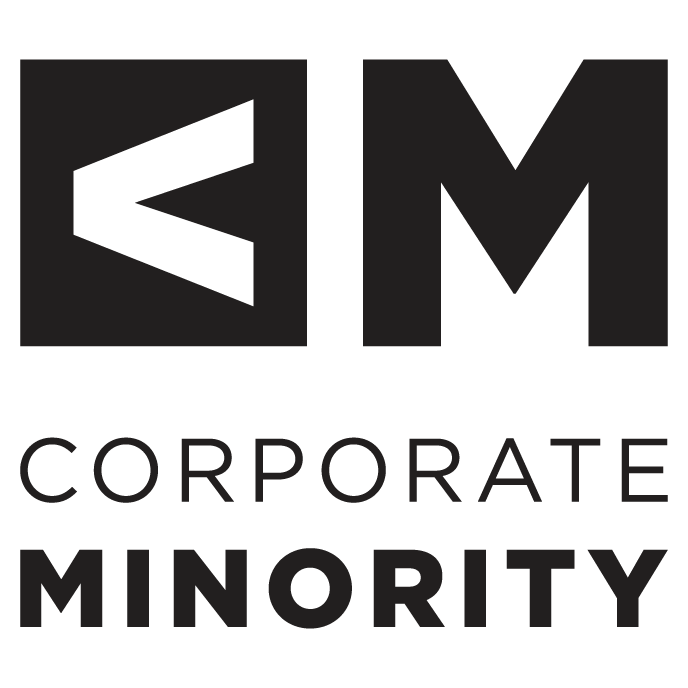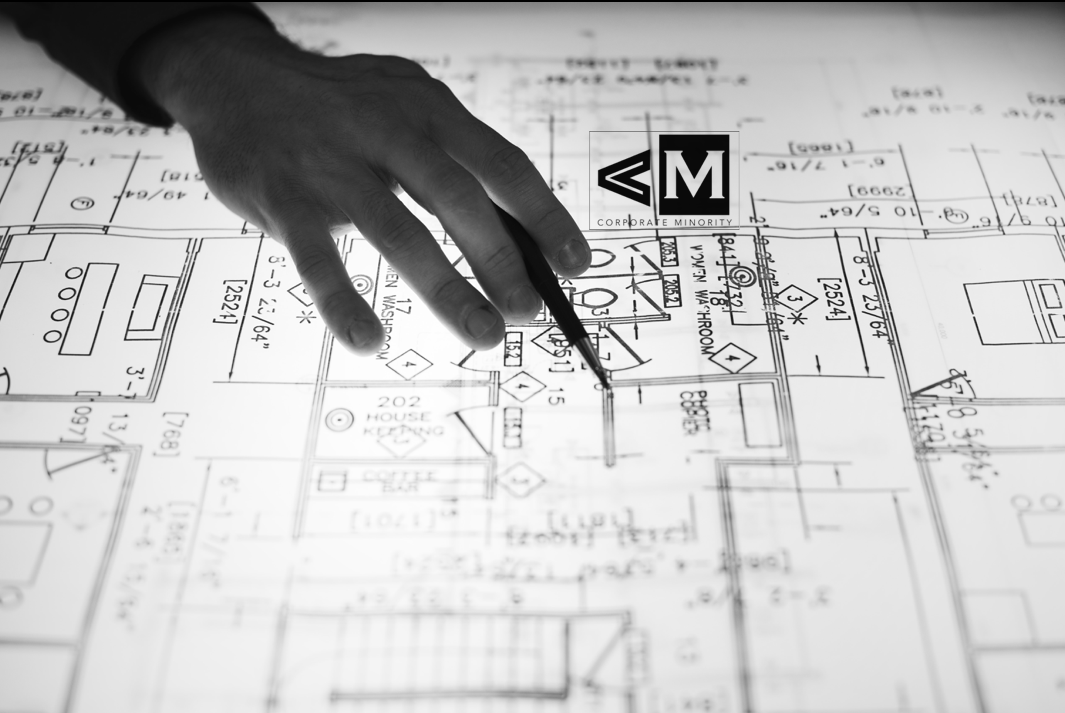So, you’ve thought about it long and hard enough and have decided that engineering is your choice of study. You’ll follow your college curriculum; get the degree, but then what? So many students don’t realize there are more steps to take in order to be a practicing Professional Engineer outside of just getting the degree.
While in College
- Make connections
- It’s important to make connections with peers because you may be co-workers in the future, or have to coordinate with one another on a project while representing different companies. Also, build relationships with your professors since they may write you recommendation letters in the future.
- Get an internship or student co-op, and check with your dean to see if you can get college credit for it
- By taking an internship. You’re gaining first-hand experience in your field, which is a one-up from just textbook knowledge. You’re also building relationships and making connections with a possible future employer. Many of my peers continued working with the company they interned with for some time after graduation, and some, like myself, are still working for said company.
- If you’re able to intern, even during the summer, double-check with your college for the possibility of gaining college credit for your time spent interning. Some state licensure boards will accept credited student co-ops as experience time. Generally, co-ops are what qualify for experience time, not regular student internships.
- Take clear note and try your best to keep them organized
- You may need those to help you with future licensure exams.
Pre/Post-Graduation
- Keep making connections
- Don’t trash everything.
- You’ll need things to help you along or remind you how to solve a problem. (Hence, it was important to take clear notes and keep them organized). Most importantly, try to keep the textbooks that are relevant to your career path. (No need to hold on to that Art History book, but your Structural Analysis book will come in handy.)
- Take the Fundamentals of Engineering (FE) Exam
- This is the exam you must take in order to become a licensed Engineer(ing) Intern (EI), and the first major move (outside of getting bachelor’s degree) towards becoming a Professional Engineer (PE). Take it sooner rather than later so that information learned is still fresh. Once you pass the FE Exam, you can apply to be a licensed EI. You’ll remain an EI until you’ve gained all the experience necessary to be a PE and have taken the PE Exam.
During Your Career
- Still keep making connections
- Obviously, this pointer applies always. Take value in every person you meet. Save every business card you get and take a picture of it for good measure. (Tip: Use an app like OneDrive to scan business cards into a cloud for easy retrieval.) Always be kind. You never know when you may have to depend on a person you’ve only met once. The longer you work, you’ll realize sometimes it’s all about who you know.
- Work on gaining experience
- Make sure you’re following your state licensure board’s requirements. It’s standard that you’ll need at least 4 years of progressive experience, and that those 4 years are required to have been spent working under another actively licensed PE. Tip: Keep a work diary for each year worked leading up to getting your PE license. Document anything you do as it may pertain to working on projects, project management, design, etc., and keep copies of projects worked on. This will be helpful when it’s time to apply for your license and report your experience.
- Take the Professional Engineering (PE) Exam
- Depending on your state, you may be able to take the exam prior to gaining your 4 years of experience. Regardless, once you’re ready to take the exam, just refer to your state board’s requirements. The best advice I have to pass the exam is to take an exam prep course if possible. This is my non-sponsored tip to take something like Testmasters or PPI. Since my state licensure board allows EI’s to take the PE Exam early, I took Testmasters one-year post graduation, studied at a reasonable pace for me, and took the exam a year later. I successfully passed and am now just putting in my experience time. Come Fall 2019, I’m expected to have my Professional Engineering License in hand and I couldn’t be more excited!





